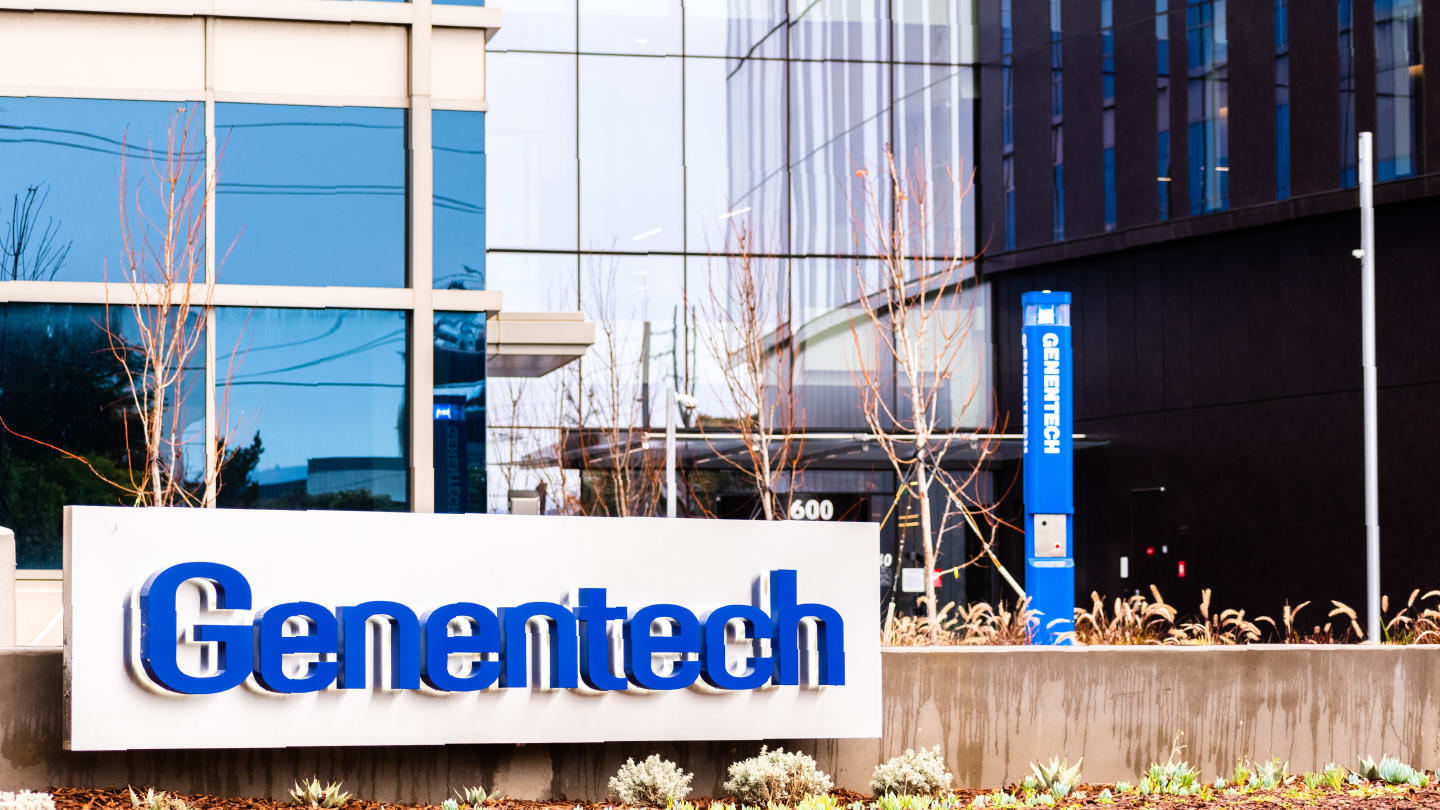
EU funding for CAR-T project
In collaboration with CPTx, a specialist in programmable single‑stranded DNA, biotech firm NanoCell Therapeutics has secured a Eurostars Grant from the EU's Horizon Europe program and Eureka Network to fund its QUIET‑CAR project – an in‑vivo CAR‑T therapy that uses non‑viral, DNA‑based technology encapsulated in targeted lipid nanoparticles carrying “immune‑quiet” DNA constructs. Maurits Geerlings, CEO of NanoCell, said: “This funding validates our innovative approach to non-viral gene therapy and will accelerate our QUIET-CAR project toward delivering safer, more accessible CAR-T treatments for patients with cancer and autoimmune disease.”
Genentech terminates collaboration
Genetech has terminated a strategic collaboration and license agreement with Adaptive Biotechnologies Corporation. The deal was originally established in December 2018 to collaborate on developing cancer cell therapy products. The termination, effective February 9, 2026, releases Adaptive from its exclusivity obligations in the oncology cell therapy space. As a result, the company expects to recognize approximately $33.7 million in non-cash revenue during the second half of 2025, attributable to the remaining amortization of cash consideration previously received under the agreement. Moving forward, Adaptive says it will prioritize its core immune medicine programs, including development and deployment of digital TCR‑antigen prediction models and preparing preclinical data for a T‑cell depletion program targeting autoimmune conditions.
CAR T-cell therapy for Relapsed and Refractory Multiple Myeloma
Kelonia Therapeutics has dosed the first patient in its phase I inMMyCAR clinical trial, testing KLN-1010, an in vivo gene therapy that generates anti-BCMA CAR-T cells internally, for adults with relapsed and refractory multiple myeloma. The trial is a multi‑center, open‑label, dose‑escalation study in Australia, where initial dosing occurred at Royal Prince Alfred Hospital. CEO Kevin Friedman said, “This first-in-human dosing marks a major milestone toward a future where CAR-T benefits can be delivered without preparative chemotherapy or bespoke manufacturing delays, and at virtually any hospital around the world. Beginning our Phase 1 inMMyCAR study is not only pivotal for patients, but for the entire field.” Kelonia adds that KLN‑1010 offers CAR‑T benefits without individualized manufacturing or toxic lymphodepleting chemotherapy.
Swedish Kronas versus mutant KRAS
Anocca AB, a clinical-stage T‑cell immunotherapy developer based in Sweden, has secured approximately SEK 440 million (~$46 million) in new financing. The funds will be used to advance VIDAR‑1 a non‑viral, gene‑edited TCR‑T cell therapy targeting mutant KRAS in pancreatic cancer. Recruitment for phase I of the multinational VIDAR‑1 trial is underway at universities in Sweden, Denmark, Germany, and the Netherlands. Reagan Jarvis, co‑founder and CEO of Anocca, said: “We thank our investors for their strong and continued support as we advance our first TCR-T cell therapy products into the clinic. The team has built a unique discovery platform and in-house manufacturing capability, and we are now excited to see the first products reaching patients with high unmet need.”
Canada’s conditional Iovance approval
Iovance Biotherapeutics has announced that Health Canada issued a Notice of Compliance with Conditions (NOC/c) approving Amtagvi (lifileucel) for the treatment of adult patients with unresectable or metastatic melanoma, who have progressed following at least one prior systemic therapy – including a PD-1 blocking antibody and, if appropriate, a BRAF inhibitor (with or without a MEK inhibitor) – and who lack satisfactory alternative treatments. Amtagvi therefore represents Iovance’s first marketing authorization outside the US. The decision was based on data from the global, multicenter phase II C-144-01 trial, which demonstrated a favorable objective response rate (ORR) and duration of response (DOR). Under the conditional approval, Iovance has committed to confirming clinical benefit through additional studies. CEO Frederick Vogt said, “We expect to authorize our first Canadian treatment center within the next few months, and we continue to advance our ex-US strategy for Amtagvi in additional markets.”
Research
CRISPR takes on childhood cancer
University of Iowa researchers say they have uncovered a metabolic vulnerability in a rare and aggressive pediatric cancer – malignant peripheral nerve sheath tumor (MPNST) – that may pave the way for more effective treatments. These tumors, which primarily impact teenagers and young adults, grow rapidly, metastasize easily, and currently lack any targeted therapies. The researchers developed gene-edited models mimicking patient mutations and applied advanced genomic and metabolomic analysis to trace the tumors’ energy dependence. They discovered that MPNST cells are highly reliant on the pentose phosphate pathway, a sugar-metabolizing route that helps the cancer mitigate oxidative stress. Inhibiting this pathway slowed tumor growth and sensitized the cells to chemotherapy.
Gene therapy for GM2 gangliosidosis
A phase I/II clinical trial led by UMass Chan Medical School demonstrated encouraging outcomes using a dual‑vector gene therapy for GM2 gangliosidosis, which includes Tay‑Sachs and Sandhoff diseases. The treatment achieved biochemical correction, successfully inducing production of the functional enzyme beta‑hexosaminidase A, though therapeutic levels were not fully reached. Thalamic injections were well-tolerated, with minimal adverse effects, and patients experienced fewer and more manageable seizures and maintained oral feeding for longer periods.




